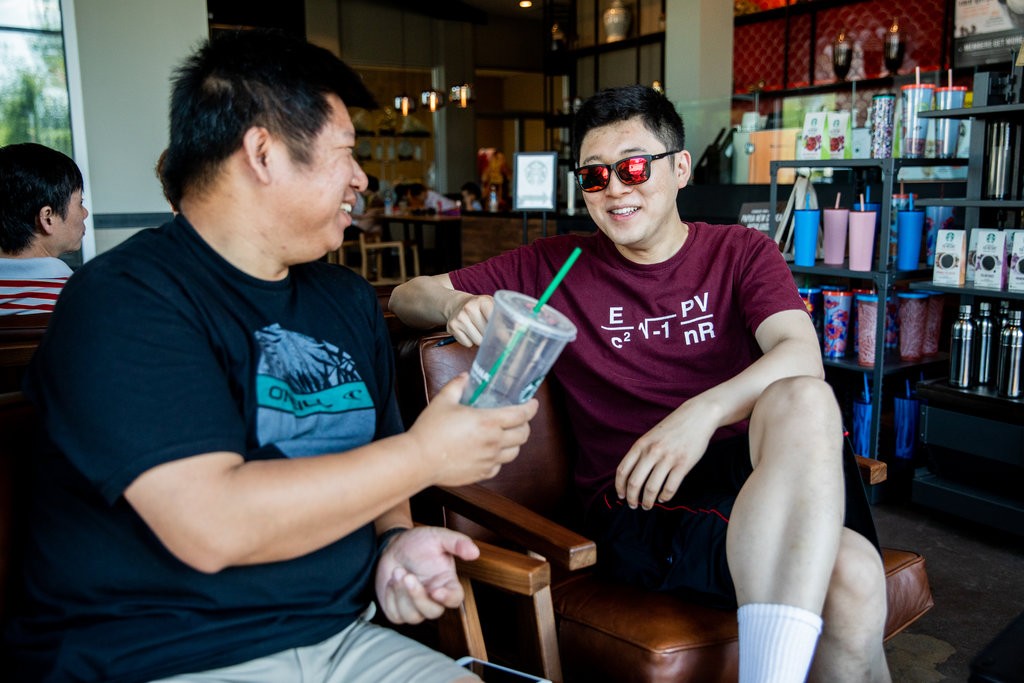By Guest Contributor: Yaoyao Liu
Editor’s Note: This post is the second in a series by Yaoyao Liu, reflecting on an episode of the “Still Processing” podcast on Asian American identity.
For their second installment on the experiences of Asian Americans on the Still Processing podcast, Jenna Wortham and Wesley Morris focus on the interlocking issues of dating, politics, and professional life. Their curation of voicemails, guest speakers, and personal insight presents a vivid array of perspectives that all touch upon the idea of how Asian American people are seen, and how we see ourselves.
I appreciated the way in which Jenna and Wesley briefed audiences on issues of media representation at the end of the first episode, as a primer on how that produces certain imaginations of Asian Americans. Yet, they also included Andrew Ti’s note on the classed underpinnings of media representation as a visible Asian American issue. He remarks on the prevalence of middle-class East Asian advocates for more representation in popular media and their relative silence or inaction on problems of economic inequality and xenophobic violence faced by Asian Americans outside of their particular social location.
Nonetheless, portrayals of Asian people in popular media have undoubtedly contributed to how Asian Americans are imagined in the U.S., and to how I imagine myself. These dynamics sharpen when gender comes into play for me as a Chinese American woman. The Still Processing episode addresses fetishization in dating, as well as an assumed role of subordination in the workplace. It seems obvious to me as someone who has been followed home at night by a group of drunk men calling out at me in imitated Chinese, but it apparently bears repeating: fetishization is not complimentary. Anytime someone praises the shape of my eyes or asks me to say something in Chinese, it reminds me that as much as I make efforts to be a self-possessed and high-functioning human being, I will always refract as a wordless fantasy woven in silk and smoke.
As for the discrepancy in how Asian masculinity and femininity are imagined, the episode rightfully emphasized that the perceived distinction in sexual desirability ultimately doesn’t result in any kind of advantage when it comes to fulfillment in relationships or self-esteem. The reality is that Asian American people across the gender spectrum must contend with the self-distortion manufactured by racial projections.
The episode also addressed Asian Americans as a minority group in the U.S. and the problem with placing that history against the metric of civil rights and Black Lives Matter. Speakers on the episode talked through the unique insularity of communities under the “Asian American” umbrella and the futility of phrasing the status of minority groups in easily measurable terms, especially given the pervasive anti-blackness exhibited by Asian Americans throughout history and today. Although it’s difficult to definitively parse the entangled networks of identity politics in America, working to unravel the assumption of linear progress for minorities is still a necessary and important conversation to have.
I’ll definitely be tuning in to more episodes of Still Processing, as well as getting into the work of some of the guests featured on this two-part episode. As I look forward to getting more folks involved with SAAFF through volunteering this year, I hope to have conversations like this with familiar faces and new ones come festival season.
Yaoyao Liu is the Volunteer Coordinator for the Seattle Asian American Film Festival.
Learn more about Reappropriate’s guest contributor program and submit your own writing here.

